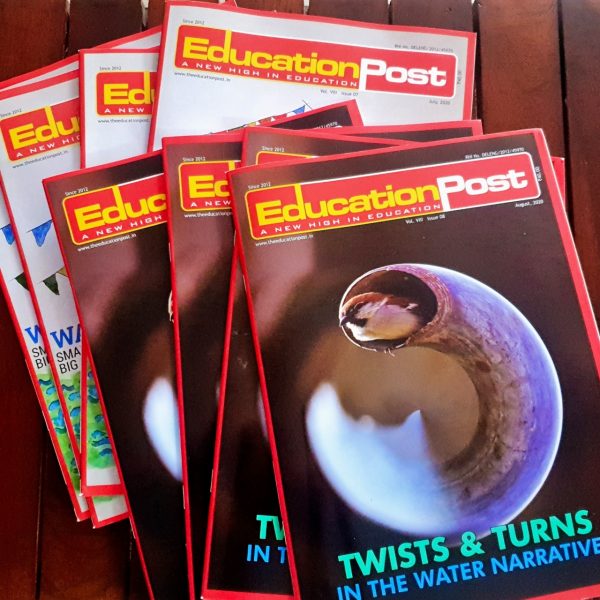Water is scarce because we are careless, casual, and callous with the way we treat everything related to water. Let me give you three examples.
With every road layering or repairing exercise, the level goes up a few millimeters and after some years the little drain holes that had been carefully constructed on the sides of the pavements get covered. Thicker isn’t better in this case…in fact, the thicker the road layer gets, the manholes and pavement drain-holes get covered until they finally disappear. The tragedy gets compounded when officials discover that manhole-laying plans and pavement side drain-holes maps are not traceable. The result is severe waterlogging even after a weak bout of rainfall.
The rainwater drains by the side of roads are next in my list because these are places where debris and malba gets piled up all along the road the year-long. The only reason this happens is because this is easiest for workers who may not want to tow everything all the way to the nearest dhalao.
The third instance of societal attitude is home garbage that either adds to the blocking of roadside rainwater drains or is simply flung wildly into the nearest stream or river.
There are umpteen other examples where it is we human residents of a city, town, or village who conveniently forget our irresponsible actions and get flustered and ready to protest when water-supply gets scarce or drainage issues result in diseases, deaths, and delays.
Increased human demand, climate change and altered weather patterns, increased pollution… these are all causes of water shortages. Pause for a moment and think about these issues and you’ll know that behind every cause is the way humans have interacted with nature, technology, and legislations. There will always be one or more from elemental issues like poverty, education, social justice, economic development, gender equality, food security, and health. Water issues cannot be solved if we continue to focus only on areas that are directly connected to water. I mean, a clean river needs the assistance of technology but will also need awareness and responsible behaviour of citizen. Behaviour is connected in many ways to the ability to think and thinking gets a boost when one reads… and reading is all about the spread of education.
Take a simple act like washing hands to prevent infection during a pandemic like the one that the world is now going through. When 1.3 billion people have to wash their hands even thrice a day in a country where only 42 percent of the population have access to healthcare facilities, you will know what water scarcity really means. By the way, reports point out that in sub-Saharan Africa only four out of ten wash their hands at home. Washing hands too at first glance may need only an adequate supply of water but on deeper analysis we will find that our interaction with nature, economic development, and even social justice would be involved.
What is clear is that the problem of water scarcity or water shortages isn’t just about water. It is only a wider cover of development that has the power to solve our water woes.
.
.
.


.
.
Arvind Passey
Written on 06 August 2020








